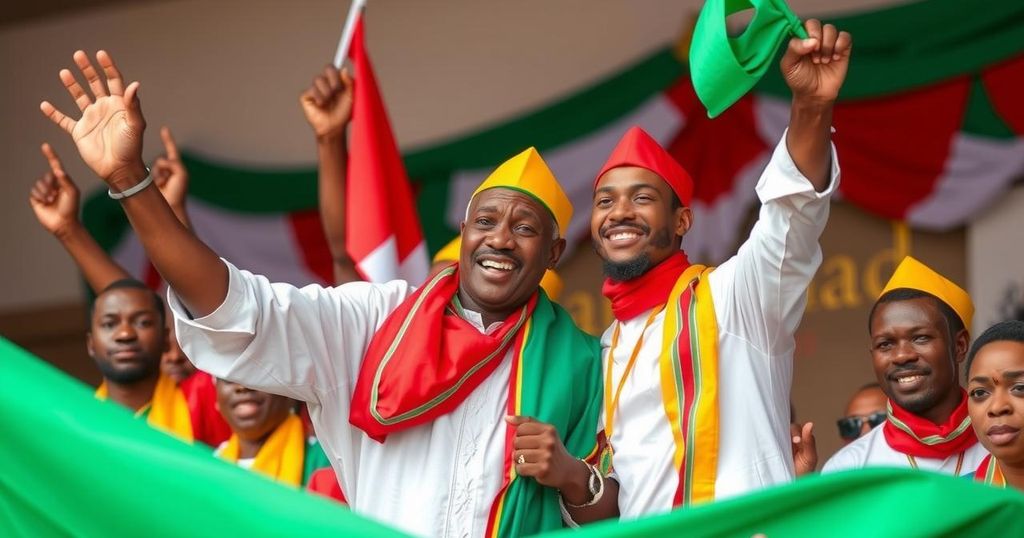Chad’s ruling party won a parliamentary election boycotted by the main opposition, further solidifying President Mahamat Idriss Deby’s power. This election was part of Chad’s transition to democracy and aimed at decentralizing governance. Over ten opposition parties, including the Transformers, criticized the election’s legitimacy and labeled it a charade, amid pressing security issues facing the country.
In a recent parliamentary election held in Chad, the ruling party emerged victorious, gaining a commanding majority of the votes. This election, which was marked by a boycott from the main opposition parties, was seen by many analysts as a means to further solidify President Mahamat Idriss Deby’s power in the wake of the transition initiated after the death of his father, long-standing leader Idriss Deby Itno. This election cycle, which included additional regional and municipal elections, represents a critical phase in Chad’s shift towards a more decentralized form of governance, as envisaged by the President.
President Deby emphasized that the election would facilitate much-needed decentralization aimed at distributing authority to local and provincial levels, a change that he indicated had been long anticipated by the Chadian populace. However, over ten opposition parties, chiefly the Transformers party led by presidential runner-up Succes Masra, boycotted the election, dismissing it as a mere “charade” and fearing a repeat of last year’s questionable presidential vote, which raised concerns among electoral observers regarding its legitimacy.
The backdrop of this election is critical, as Chad faces significant security threats ranging from Boko Haram militia incursions in the Lake Chad area to a breakdown in its longstanding military relationship with France, its primary ally. This context suggests that the outcomes of this election could have profound implications for Chad’s political landscape and its efforts to address pressing security and governance challenges.
The electoral process in Chad has been tumultuous, particularly following the transition of power to Mahamat Idriss Deby after the death of his father, who had ruled for three decades. The country has attempted to navigate its path toward democracy, with this parliamentary election being a significant milestone in that journey. The opposition’s boycott was a critical factor, reflecting deeper political divisions and concerns over the credibility of the electoral process in a nation striving for democratic reform.
In conclusion, the recent parliamentary elections in Chad, overshadowed by a boycott from prominent opposition parties, have resulted in a substantial victory for the ruling party, further entrenching the authority of President Mahamat Idriss Deby. This event, set against a backdrop of mounting security challenges and ongoing calls for genuine democratic reforms, raises important questions about the future governance of Chad and the potential implications for its populace amidst significant regional volatility.
Original Source: www.washingtonpost.com






